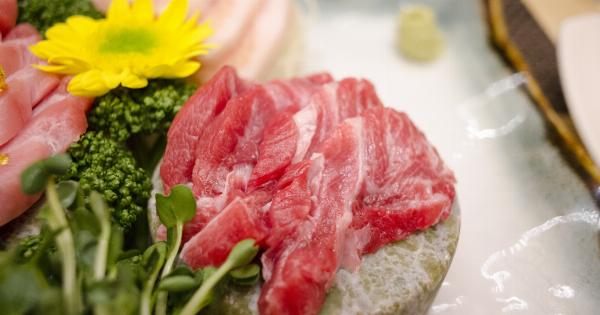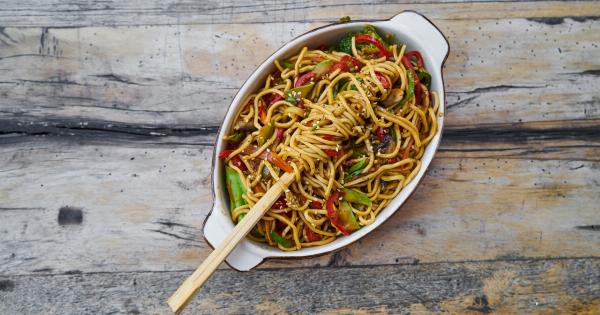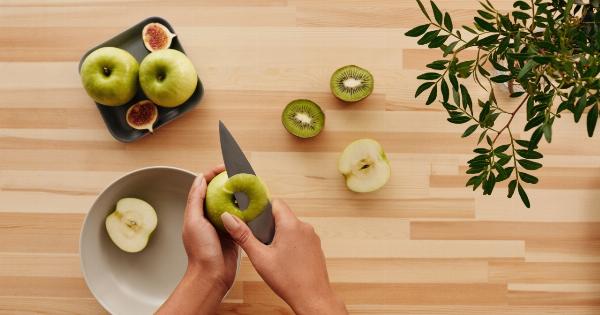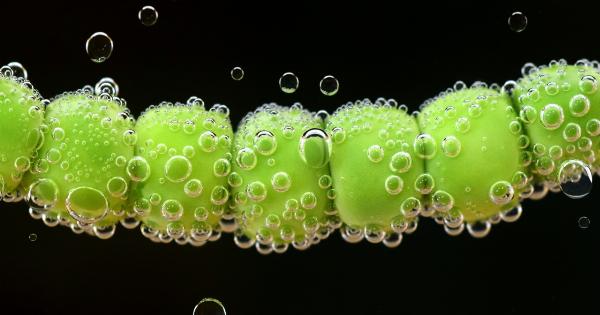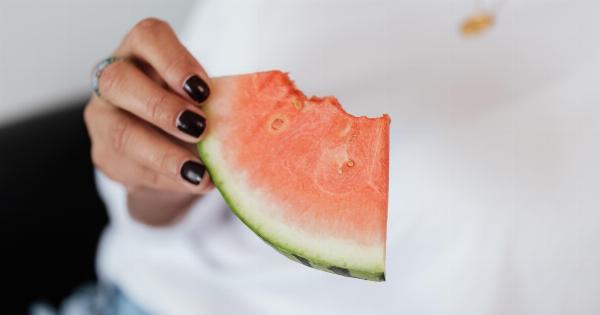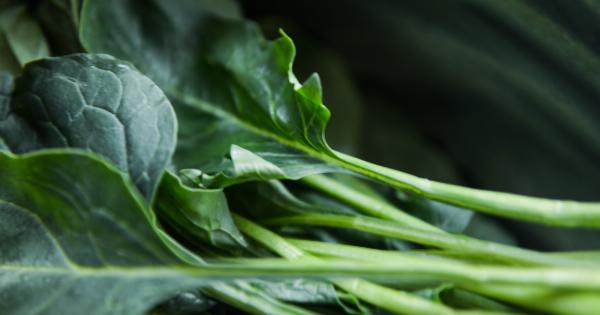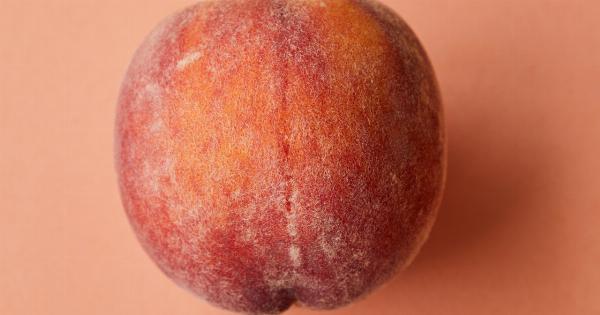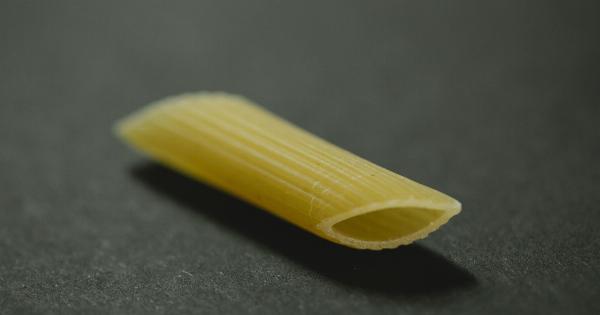Juicing has become increasingly popular in recent years as a way to boost nutrient intake and improve overall health.
By extracting the juice from fruits and vegetables, juicing allows for concentrated amounts of vitamins, minerals, and antioxidants to be consumed in an easily digestible form. However, the process of juicing can also lead to nutrient loss if not done properly. In this article, we will explore the science behind juicing and how to maximize the retention of nutrients in your drinks.
1. Understanding Nutrient Loss during Juicing
When fruits and vegetables are juiced, the fibers are separated from the juice, resulting in several potential nutrient losses:.
2. Oxidation
Oxidation is the main cause of nutrient loss in juicing. When fruits and vegetables are exposed to air, especially during the juicing process, enzymes and nutrients can be damaged or destroyed.
To minimize oxidation, it is important to juice quickly and consume the juice immediately. Additionally, adding citrus fruits or lemon juice can help slow down oxidation due to their high antioxidant content.
3. Heat
Some juicers generate heat during the extraction process, which can degrade enzymes and certain heat-sensitive nutrients.
Cold-pressed juicers or masticating juicers are popular choices as they operate at lower temperatures, preserving more nutrients in the juice.
4. Light
Exposure to light can also lead to nutrient loss. To protect the juice from light, store it in a dark, airtight container as soon as it is juiced.
Additionally, consider using dark-colored glass bottles or opaque containers to further shield the juice from light.
5. Time
The longer juice sits after being extracted, the more nutrient degradation occurs. To prevent excessive nutrient loss, it is best to consume freshly made juice within 24 hours.
If you need to store it for longer, freezing the juice in airtight containers can help retain more nutrients.
6. Selecting the Right Produce
The quality of produce used for juicing also plays a significant role in the nutrient content of the juice. Choosing organic fruits and vegetables can minimize exposure to pesticides and ensure a higher nutrient density.
It is also important to select ripe produce, as fruits and vegetables generally have their highest nutrient levels when fully ripe.
7. Preparing and Washing Produce
Properly preparing and washing fruits and vegetables before juicing is crucial to remove dirt, bacteria, and pesticide residues that may be present on the skin.
Scrub produce under clean running water and remove any damaged or spoiled areas before juicing.
8. Maximizing Nutrient Retention
While juicing inevitably leads to some nutrient loss, several techniques can help maximize nutrient retention:.
9. Juice Immediately
To minimize nutrient loss, juice your fruits and vegetables immediately before consumption. The longer the juice sits, the more nutrients it will lose.
10. Store Properly
If you need to store juice, do so in airtight, dark containers in the refrigerator. This will slow down nutrient degradation and help preserve the freshness of the juice.
11. Consider Freezing
If you anticipate not consuming the juice within 24 hours, freezing it in small portions can help retain a significant amount of nutrients. Ensure the containers are airtight to prevent freezer burn.
12. Drink Slowly
Sipping the juice slowly and swishing it around in your mouth before swallowing can aid in the release of enzymes, allowing for better absorption of nutrients. Avoid consuming juice too quickly as it may overwhelm the digestive system.
13. Utilize Pulp
While juicing removes the fibrous pulp, it can still be of nutritional value. Consider using the pulp in recipes such as soups, smoothies, or baking to ensure maximum nutrient utilization.
14. Balance Nutrient Variety
Rotate your ingredients and aim for a diverse selection of fruits and vegetables to ensure a broad spectrum of nutrients. Different fruits and vegetables contain distinct profiles of vitamins, minerals, and antioxidants.
15. Listen to Your Body
Everyone’s body responds differently to juicing. Pay attention to how your body reacts and adjusts your juicing practices accordingly.
Some people may benefit from consuming juice daily, while others may find it more suitable on an occasional basis.
Conclusion
Juicing can be an excellent way to boost your nutrient intake and enjoy the benefits of consuming more fruits and vegetables.
While some nutrient loss is inevitable during the juicing process, taking steps to minimize oxidation, heat, light, and time can help preserve the nutrients in your juice. By selecting high-quality produce, preparing it properly, and following storage guidelines, you can make the most out of your juicing routine.


